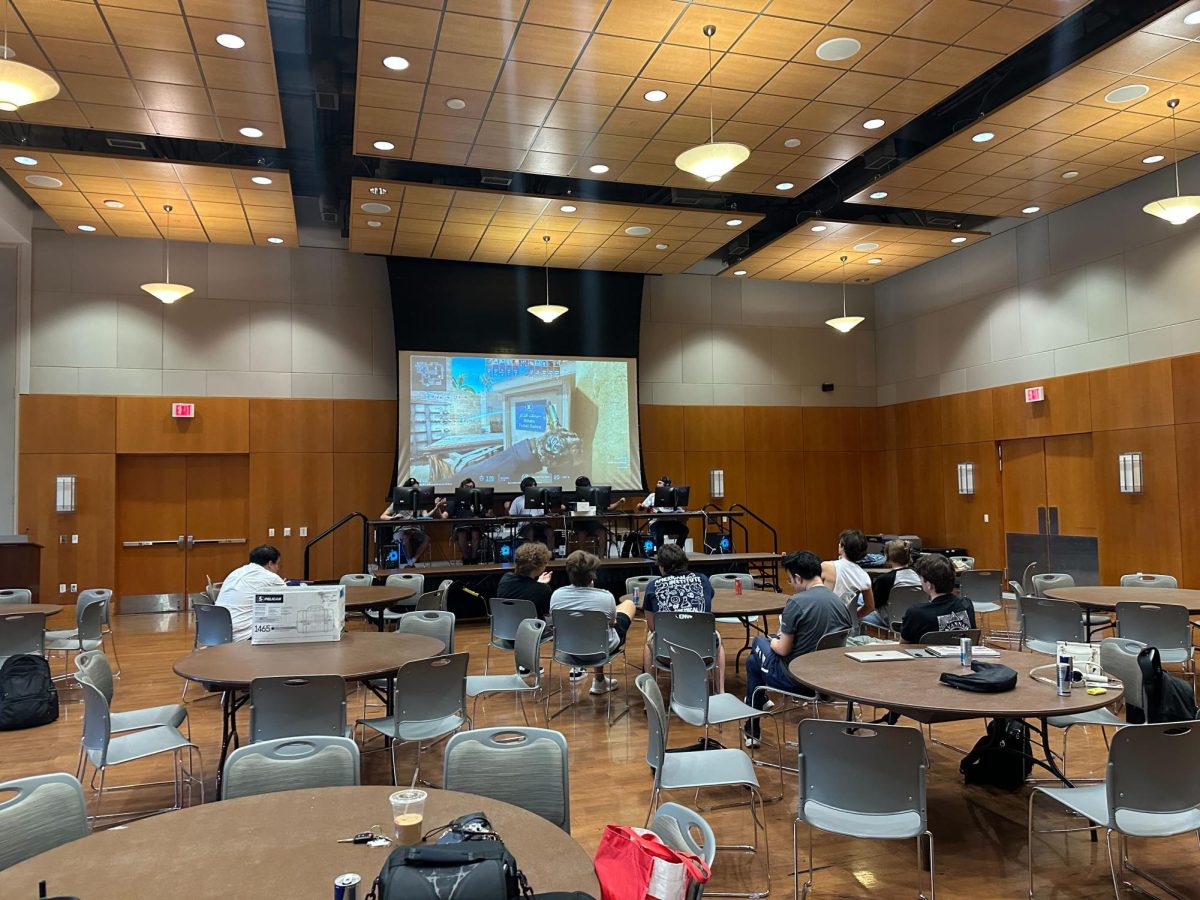In the 1990s, Seattle was inundated with grunge bands and Nirvana was one of the most unlikely to make it big, lacking local popularity in a sea of standout acts. But with just one album, the band experienced an unprecedented rise to fame, and lead singer Kurt Cobain became the poster child for an entire generation.
Before Nevermind hit the shelves 25 years ago, Nirvana struggled to establish themselves. Their drummer, Chad Channing, had just quit, and their record label Sub Pop was on the verge of folding. After trial and error, they connected with Dave Grohl, a Virginia drummer who was looking for a job after leaving the recently broken up hardcore band Scream. Grohl moved out to Seattle, and
the band recorded a demo. They started shopping themselves around, attracting attention from several major labels, but ultimately settling on David Geffen’s DGC Records.
Building off their debut Bleach, Nirvana drew influences from bands such as the Pixies to build an infectious loud/quiet dynamic, which they used to surprise listeners with how catchy simplicity could be. Each of the 12 tracks on Nevermind changes tempo drastically with the exception of “Something in the Way,” separating Nirvana from their peers with catchy riffs similar to those of the mega hit “Smells Like Teen Spirit” and the more mellow “Come as You Are.”
Other than the album’s notorious singles, Nirvana’s now-legendary frontman Kurt Cobain dominated the writing process, penning 10 of the album’s 12 tracks by himself. With his preference to melody over lyrics, he spent days on end perfecting each song’s sound, but often had to scrap a song’s lyrics altogether at the last minute while recording in the studio. Cobain hardly ever explained himself, and when he did, his stories hardly ever made sense. The chorus of “Drain You” stands out as such a ridiculous moment, harping “Chew your meat for you/Pass it back and forth in a passionate kiss/From my mouth to yours/I like you,” yet it plays right into the song’s rhythm. It’s near impossible to call out his laziness. Beyond the occasional fodder, most songs contain a strong and emotional central message. “Lithium” sounds like a bit of a rant upon first listen, but Cobain’s tale about a recently heartbroken man relying on vices to keep himself going hits home. Although the title references lithium salts, Cobain later reveals in the song that the person’s vice isn’t drugs but rather God, making a bold statement on the positive and negative power of religion.
Behind the power of Cobain’s guitar riffs, Krist Novoselic’s bass lines lie perfectly in the mix, contributing just the right mood to each song. Grohl’s booming drums mirror those of John Bonham, setting the pace of each song with ease and jumping in at key moments to keep the music flowing.
Nevermind’s success was unprecedented — at its peak, it sold 300,000 copies a week for months. The band’s live shows sold out quickly, but they weren’t prepared for how big their tour became. A small van was their vehicle of choice, driving to gigs of more than 5,000 fans. Nirvana’s instant fame contributed to much of their legacy, but built up immense pressure on the band members, so much so that dissension between the band, management and the media took over their reputation. Paired with Kurt Cobain’s drug use and volatile emotions, life in the limelight eventually caught up to him, and shortly after the release of Nirvana’s third album he killed himself.
Regardless of the band’s tragic end, Nevermind is a staple of alternative music, an album that defines its era. Its dynamics and subtleties make it one of the best rock albums ever created, building Nirvana’s status as a legendary rock band.

















